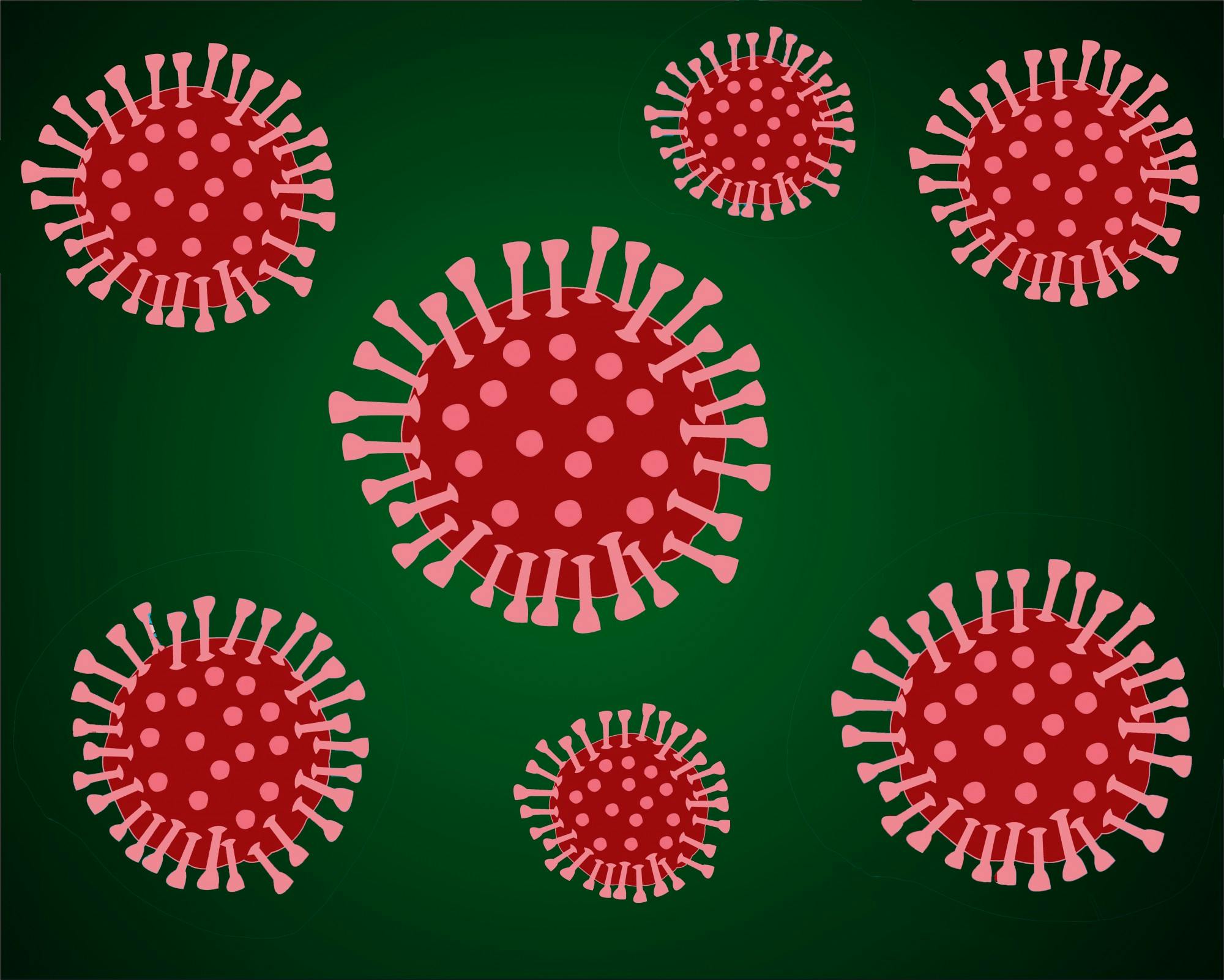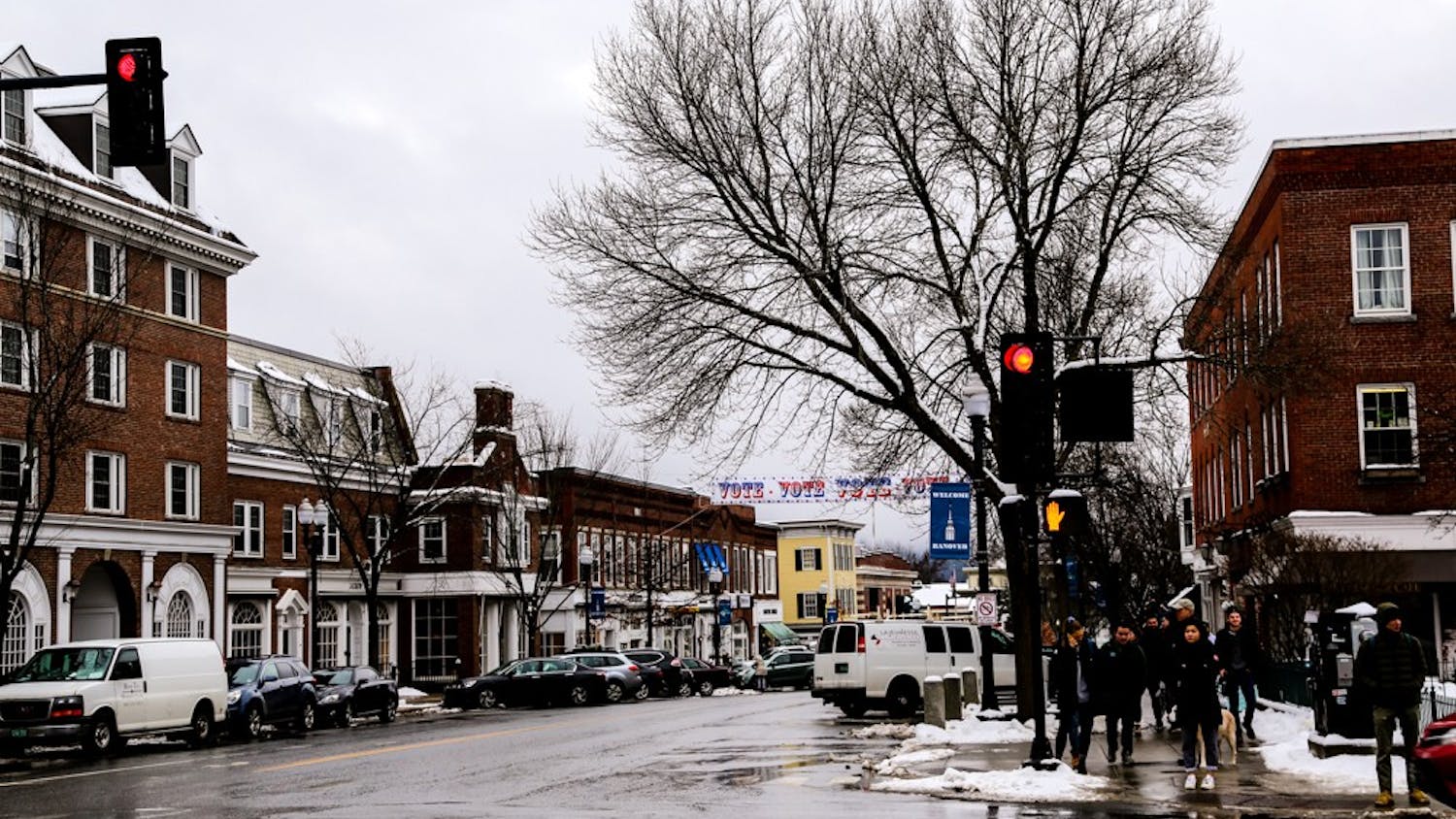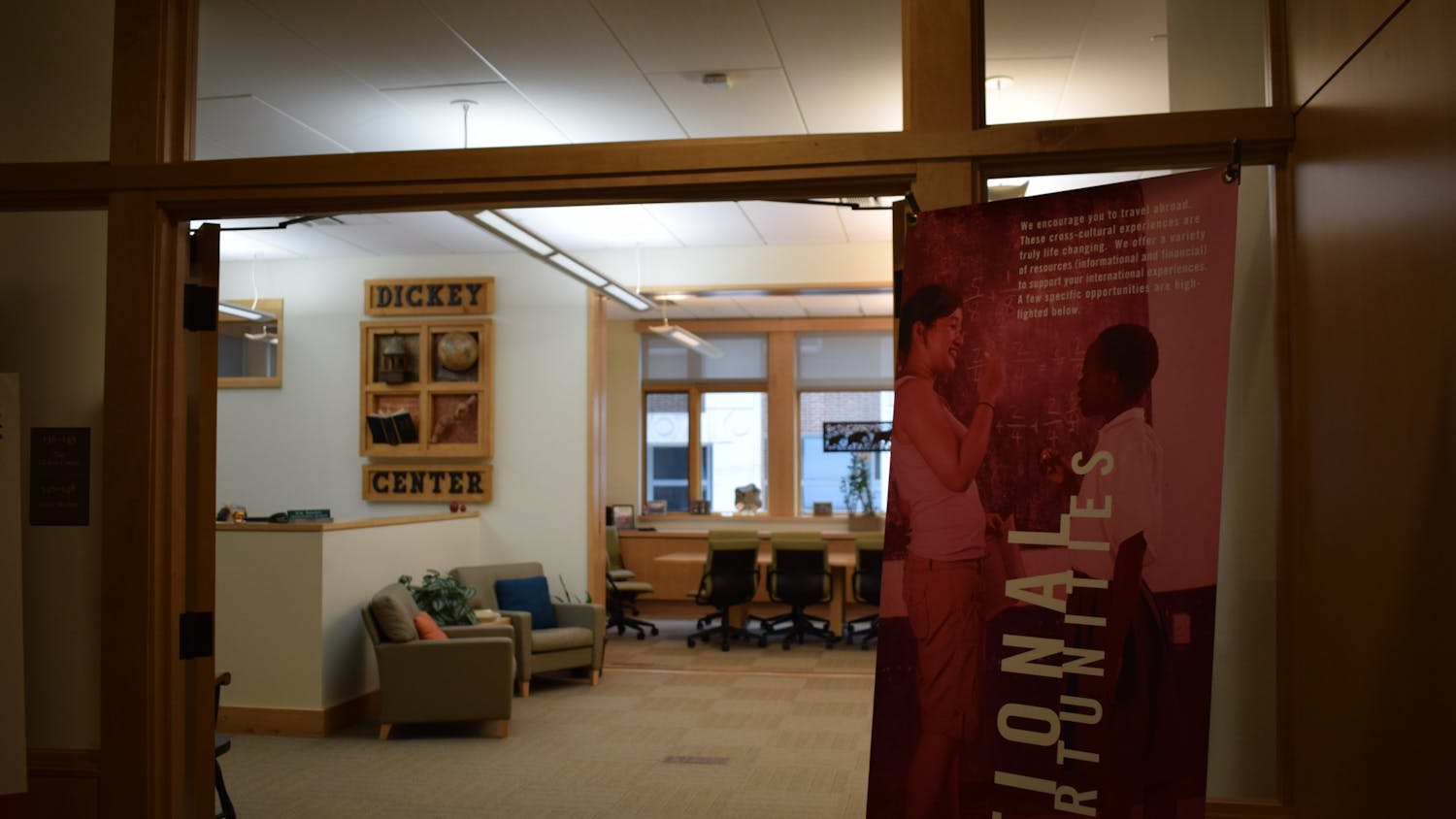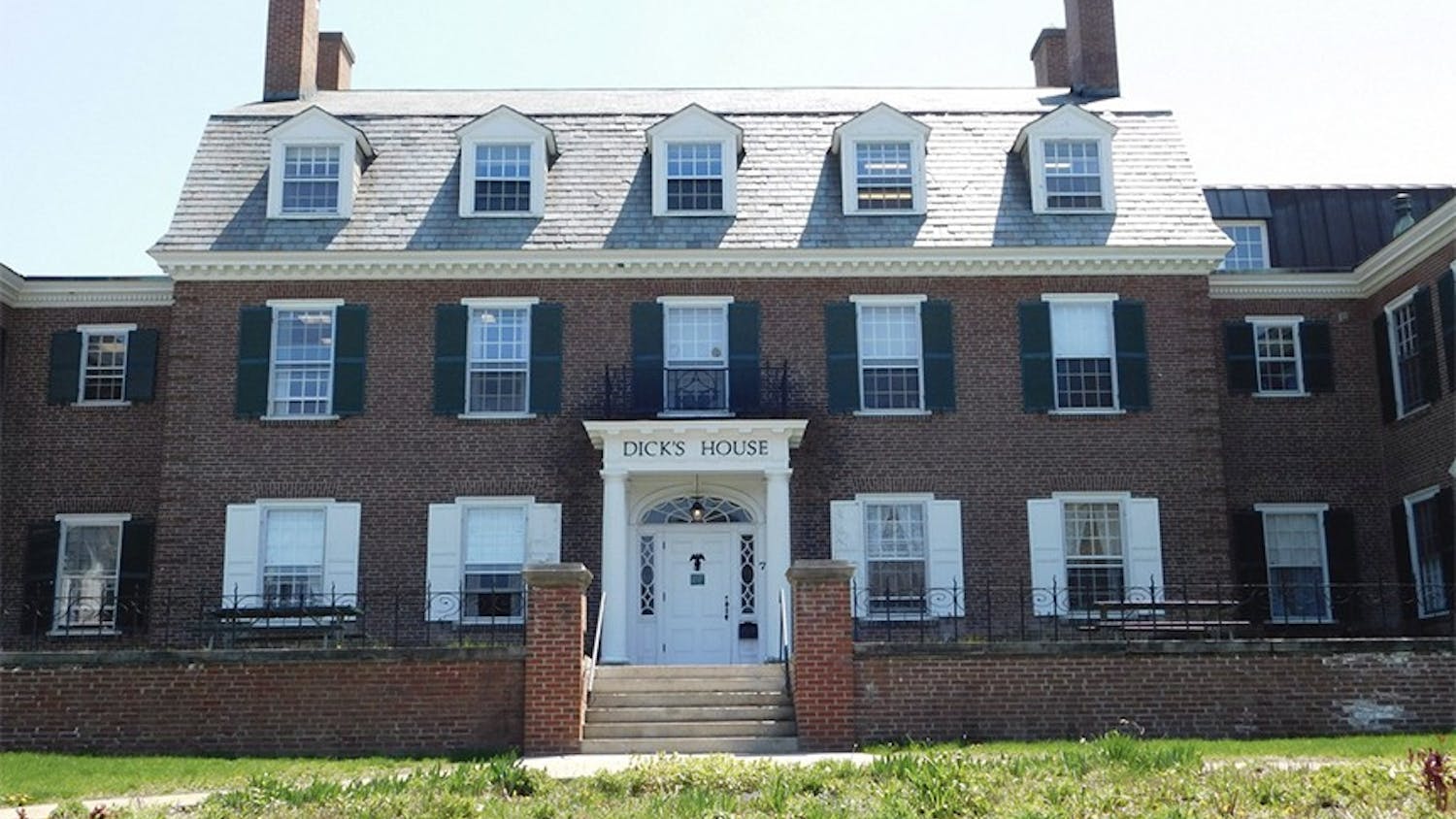Retirement communities and nursing homes in the Upper Valley have prohibited visitation and reduced resident socialization in an effort to prevent the spread of COVID-19 within one of the region’s most vulnerable populations.
Upper Valley nursing homes tend to have far fewer beds than those in large urban centers like New York City, according to Geisel School of Medicine professor Ellen Flaherty, who has been in contact with nursing homes in the region throughout the pandemic. Still, she said that living in a group setting increases residents’ risk of being exposed to the virus.
She said that the isolation associated with social distancing can have negative effects on retirement community and nursing home residents, adding that many older adults suffer from loneliness, a precursor to depression. She also noted that cutting off visits from family or friends can be challenging for residents.
“I think it is incredibly difficult for older adults, including people with cognitive impairment who can’t understand what is going on,” Flaherty said. “We don’t know the long-term effects, but I am certain there will be effects when we study it down the road.”
She added that residents of retirement communities and nursing homes often live with multiple chronic conditions that can complicate COVID-19 diagnoses and make the virus more dangerous. She noted that if a resident already has chronic obstructive pulmonary disease or chronic coughing, for example, it might be harder to recognize symptoms of COVID-19. In addition, she said that since some residents live with cognitive impairment, they might be unable to report symptoms like a sore throat.
So far, Flaherty said that there has not yet been a case of COVID-19 in any Upper Valley nursing home with which she is familiar.
At Wheelock Terrace, a Hanover assisted-living facility, executive director Melissa Suckling said that staff have been staying updated on COVID-19 protocol through close contact with associations like the New Hampshire Association of Residential Care Homes.
“We go on conference calls twice a week with state epidemiologists,” Suckling said. “We also screen staff, and if someone had a fever, we would send them back out the front door.”
Suckling said that most of Wheelock Terrace’s usual entertainment and programming has been canceled, but that small exercise classes are still being held to give residents an opportunity to be active. She added that communal spaces remain open, since Wheelock Terrace is the residents’ home, but that staff remind residents of social distancing if they begin to gather too closely.
“We have a very large activity room,” Suckling said, noting that it is possible to hold exercise classes of four or five people and still adhere to social distancing guidelines. She said that exercise is important, and it gives residents something to do.
Wheelock Terrace resident Nancy Tuttle added that the staff has put together activities such as word games and spelling contests, “which can be quite fun if you are in the right frame of mind for it.”
Suckling said that residents understand these are “unprecedented times,” adding that they are doing a good job on their own with social distancing.
Tuttle, who has lived in the community for three years, said that the social distancing guidelines have reduced socialization between residents.
“We mostly have our meals in our apartments instead of the dining room,” Tuttle said. “People can’t visit here, and family members or friends cannot come.”
Tuttle said that the guidelines have been met with both gratitude and frustration by fellow residents, but she added that in any group, there will always be some who find “reasons to complain.” Tuttle, whose family lives far from the Upper Valley, said that she has remained in touch with her family as she usually does — over the phone.
Tuttle added that she thinks staff have “hit the nail on the head” with their COVID-19 precautions, and despite the risks of the virus, she said that she is not worried.
Jeffrey Roosevelt, director of public relations and marketing at Kendal at Hanover, a retirement community near the College, outlined the precautions that the 400-resident community has taken against the pandemic.
Roosevelt said that common spaces in the community have been closed off to prevent residents from congregating too closely.
He said that Kendal at Hanover provides resources, like shopping services, to help residents stay home, adding that one shopping service recently started by Tuck School of Business students lends residents a helping hand.
“Tuck students have provided personalized grocery options where the resident can contact the organizer of the Tuck School students’ delivery program,” Roosevelt said. “They will talk to the resident, get an idea of what they need and go out and do their shopping.”
Residents are free to “come and go,” but Roosevelt said that residents returning to the community are greeted by staff who alert them about the resources at their disposal.
“We want to make sure our up-to-date precautions are communicated to residents, staff and families,” he said, citing the daily video updates he has been posting to spread information to residents.
In addition, Roosevelt said that more residents have begun wearing masks, but because of the nationwide shortage, they have not been able to provide masks to everyone.
At Wheelock Terrace, Suckling said that one staff member sewed over 500 homemade masks for both employees and residents.
Flaherty said that the pandemic has shown the dedication of the staff in various Upper Valley retirement communities.
“It is no surprise that we have workforce shortages, especially in rural areas,” Flaherty said. “What you also find is you have incredible people who work in these facilities and will go beyond the call of duty. These staff feel so dedicated, and they won’t abandon these older adults.”
Flaherty and her colleagues at Geisel have also been working on ways to prepare for the impact of COVID-19 in the Upper Valley. In the past few weeks, she said that she has helped to start a group called the skilled nursing facility COVID-19 collaborative, whose goal is to help nursing facilities keep the virus out of their communities.
Flaherty said that because the pandemic is so fast-moving, recommendations are changing by the day. She said that the collaborative is designed to help provide the latest information.
She added that she has begun working with Geisel students to ramp up efforts to have conversations with Upper Valley patients’ families about what kind of medical intervention they want in the event of illness.
“So, if they get sick, you already know whether they want to go to the hospital and not receive heroic care,” Flaherty said. “Maybe they want an intravenous, or an X-ray for pneumonia, but they don’t want to go into the ICU.”




